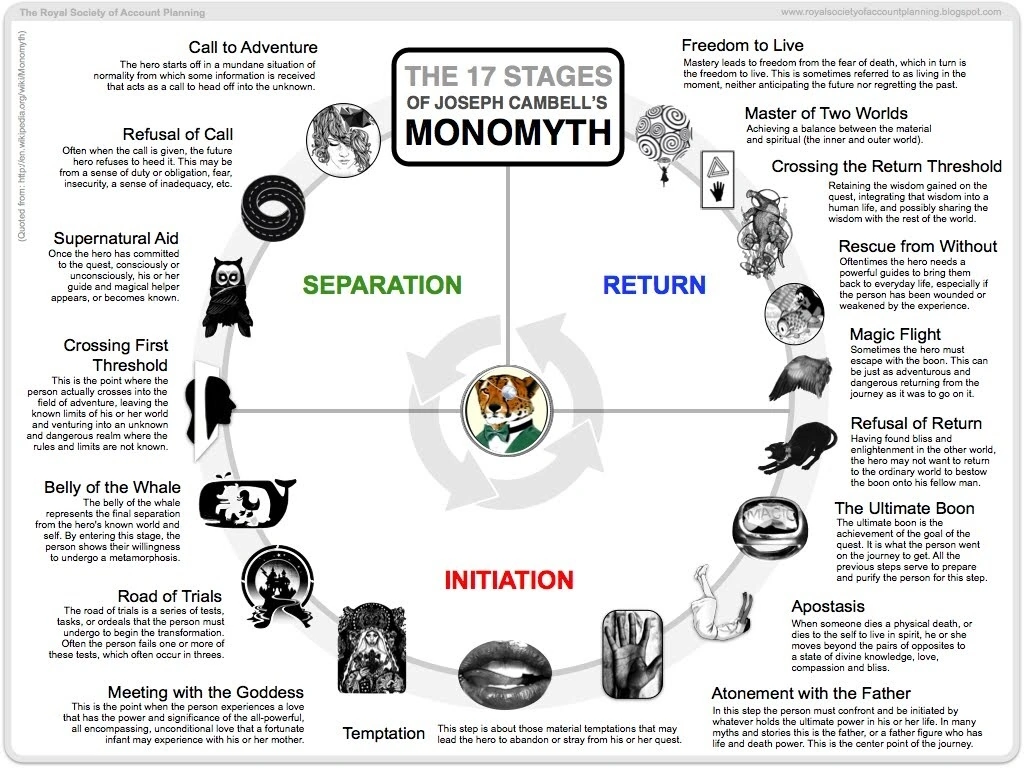Grilling and Greatness
I n the chapter, To Prevent Flare-Ups , we learn more about the family dynamics of the Cooper household. Especially the relationship between Benji and Reggie with their father. We first learn that Reggie is fairly absent in the relationship at the moment because of his purposeful avoidance of his father. This puts extra stress on Benji and we can view Benji’s alertness and attention to all his father’s actions throughout the chapter. Early in the chapter, Benji tells us about the haircuts his Dad used to give him. Benji describes his realization that his haircuts were not as good as he had thought. It was the first time his haircut “ritual” had been disrupted, and someone else had cut his hair. Benji and Reggie used to long for haircuts and craved the undivided attention they got during the haircut. Haircuts were the only time their father performed a planned act of service for them while giving them his full attention. However, he also expl...
